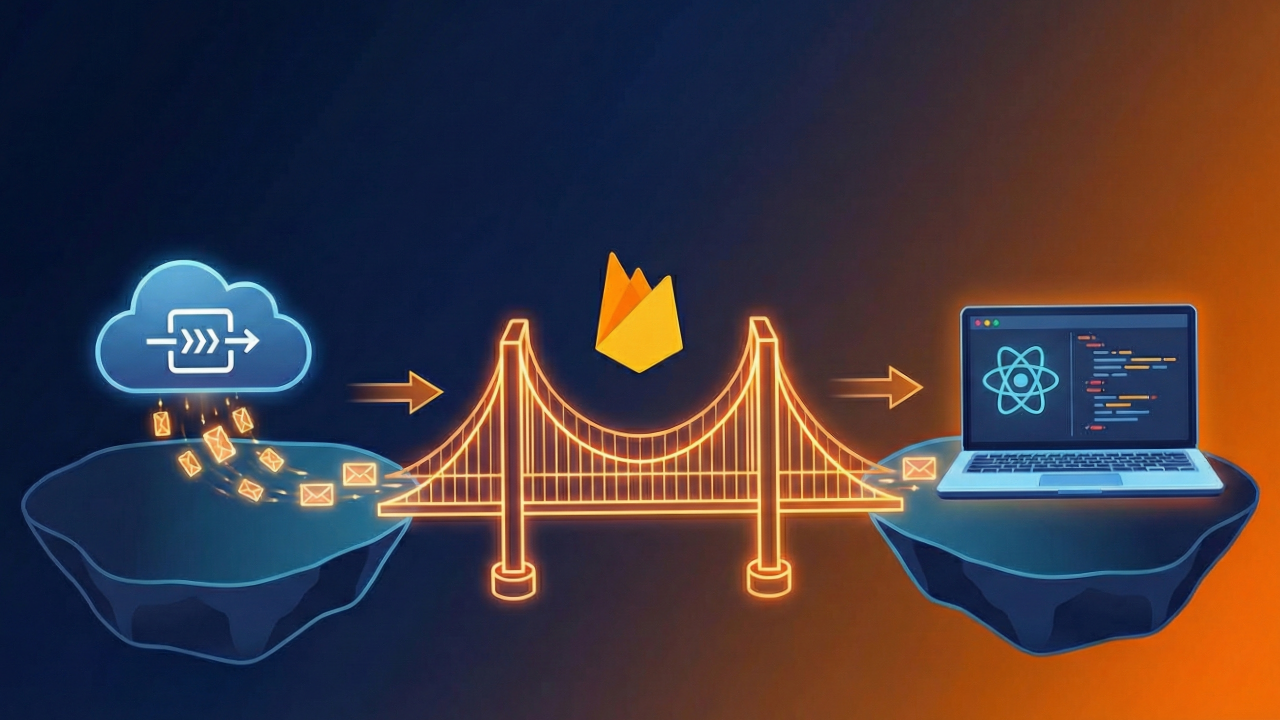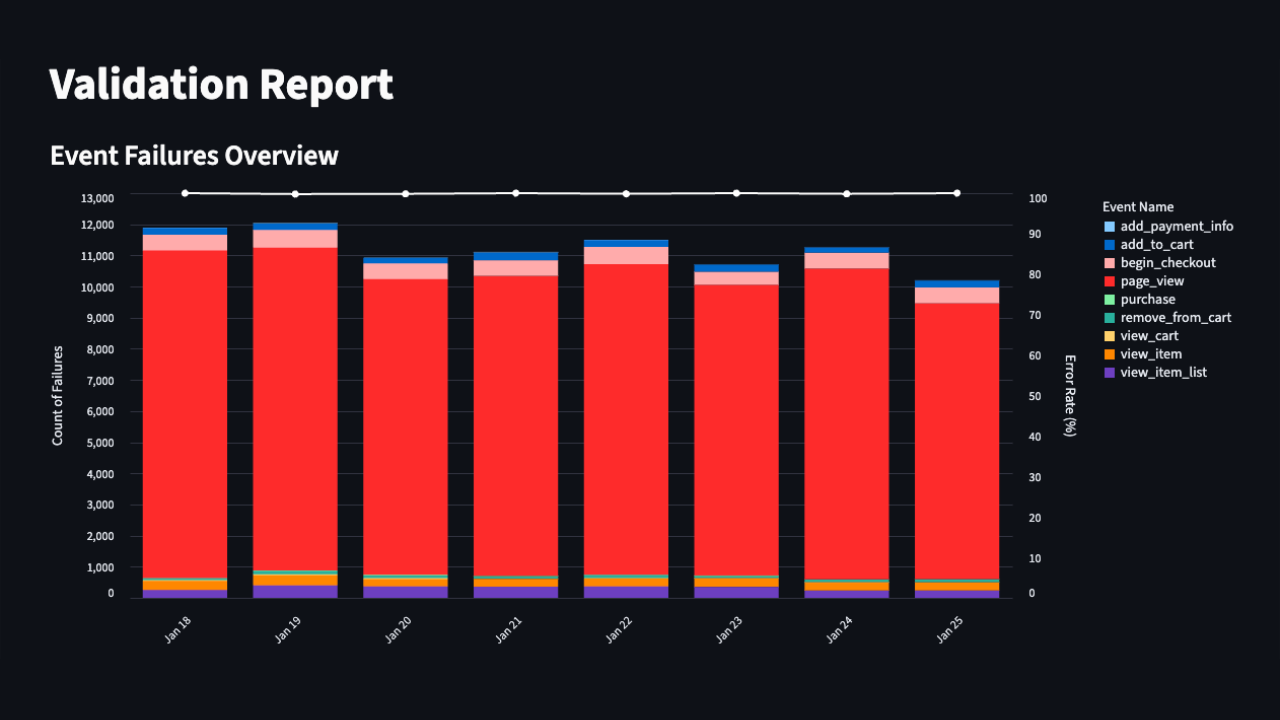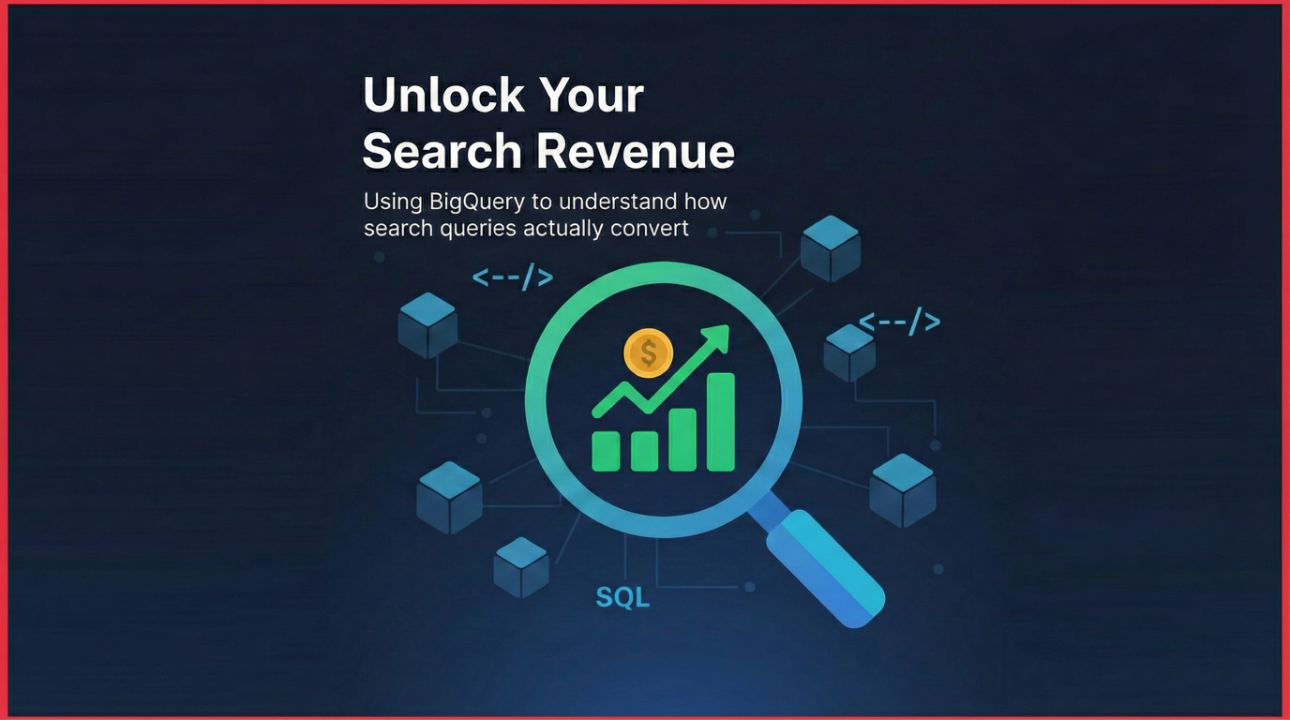By Arkadiusz Dutka, Senior Solution Implementation Engineer at Defused Data
Editor's Note: This is the first article in our new Tealium iQ Essentials series, where we would like to share best practices for any iQ setup, built over more than a decade of our combined experience working with Tealium. I sincerely hope you’ll find it helpful!
Every time I get into a new client’s setup, I feel like this part is the most underrated when thinking about optimization. Maybe because the value it brings is not so feasible at a short glance, but trust me - it does scale with the setup itself. Enabling your team to go through the setup easily and understand what is what in a short time is a great value, especially when trying to debug an issue of great priority.
Here, I will present to you principles I work with when designing a naming convention for a client and propose a format I work with, but feel free to edit and mash up whatever you like: it needs to serve you and your specialists!
What is the most valuable principle of a naming convention? It must describe a thing in the shortest and simplest way possible. So anyone going through setup should know what it does by just looking at it. For that we need a construction of a name/title. I go with a block-like one, where every block of the name has its own definition.
So, what information is crucial to simply understand what a certain part of the tracking setup does? In my opinion, vendor - as we should know to which marketing/analytics vendor this extension or tag contributes. Area of tracking - is it marketing, is it analytics, or is it some technical part that enables other tracking? Area of the page - basket, purchase process, home page, product page, etc., and of course, a short description of what this tag/extension is - “Product tracking for purchase”
Convention for this example will look like this:
[vendor] | [tracking area] | [page area] | [short title]
Vendor
This one is simple, just a vendor name. But when it comes to the internal iQ architecture in your setup, it can also be a library name. Especially when you run a setup where profiles only load parts of tagging from different libraries, I will be writing about my approach to this topic, so stay tuned!
Tracking area
For the tracking area, also keep it simple, try to come up with what types of tracking you have in your setup, is it marketing, analytics, technical, or something specific. Try to keep it one word, not to overfeed the title.
Page area
Where is the tag or extension functioning? Is it the homepage, maybe a product page? Same as all above, try to keep it as simple as possible.
Short title
Here you should put all information you find useful, of course, don't make it too long or too complicated. This should be easy to understand what it does, of course, there are cases where extension or tag is not possible to be described in a few words. In such cases, I strongly advise using the comment section in Tealium or preparing a special documentation and linking it within the tag.
This is how names could look using this simple convention:
Google | Marketing | Product Page | Tracking product sets views
Adobe | Analytics | Homepage | Homepage views
Criteo | Marketing | All pages | Views tracking
Facebook | Marketing | All pages | Views for remarketing
What I have presented here is just an idea; you can build the way you want, but focus on the principles according to your needs! It should serve you and make it quick and easy to understand. Trust me, I have seen many setups, and the ones with the clearest naming conventions are always the best to scale and work with! Save your time and efforts so you can use them in actual development instead of research.
Tune in for other topics I will be writing about in this Tealium iQ Essentials series! If you have any questions or require help with one of the tracking-related topics, feel free to contact us using the options below. Thank you and good luck!

What’s new at Defused Data
Embrace a future filled with innovation, technology, and creativity by diving into our newest blog posts!
View allReady to start defusing?
We thrive on our customers' successes. Let us help you succeed in a truly data-driven way.




